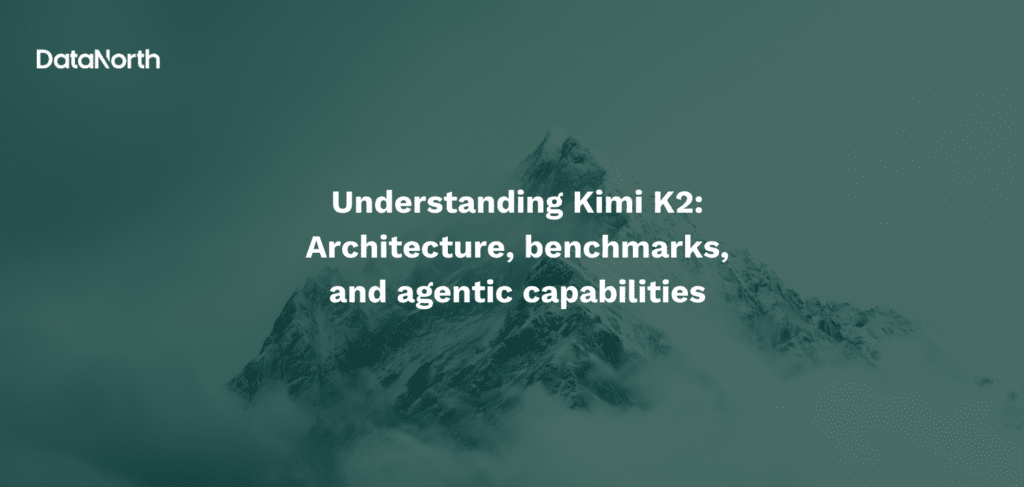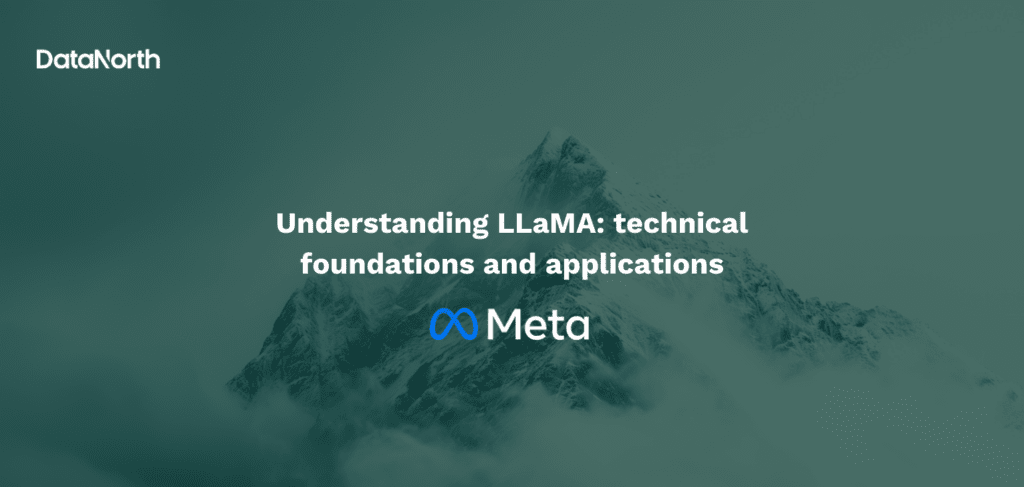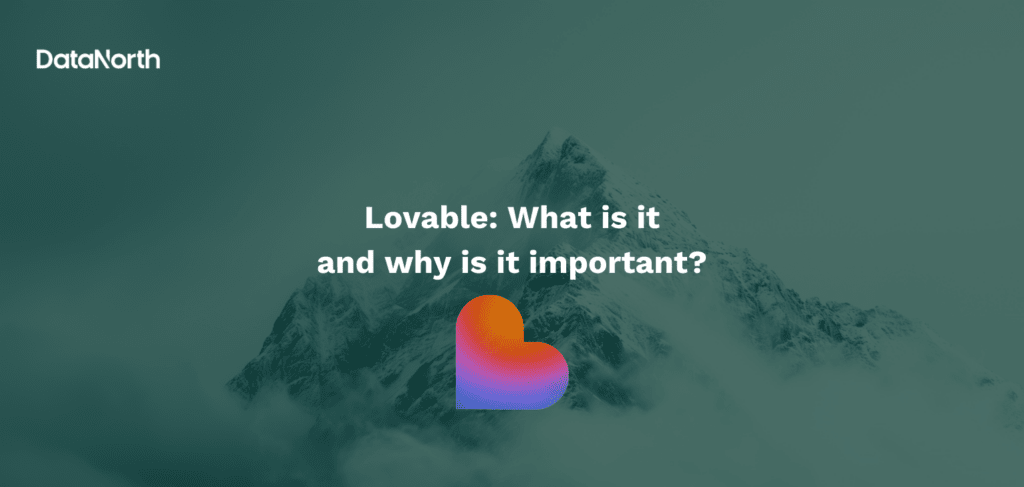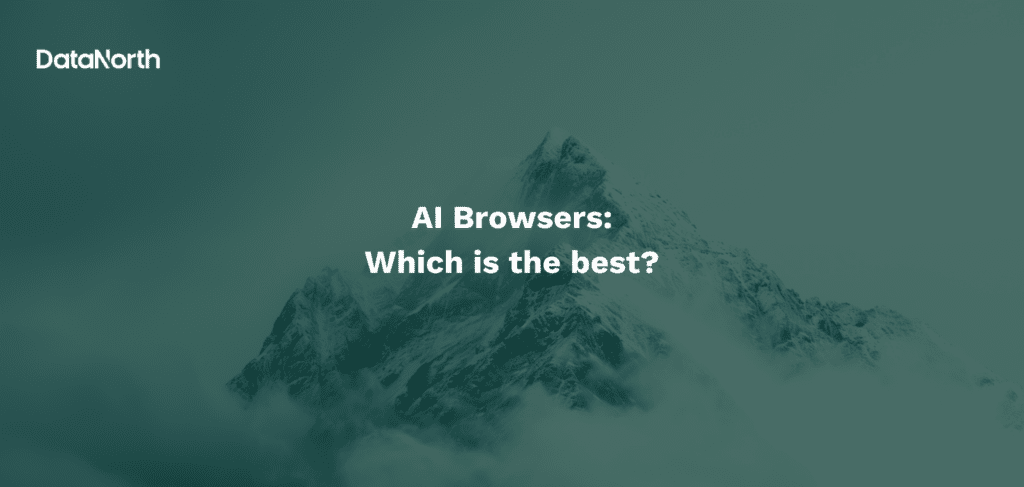Microsoft is launching autonomous agents for Copilot in November of 2024, marking a significant advancement in AI-powered business automation. These agents are designed to work within the Microsoft 365 ecosystem to execute business processes autonomously. Think of it as having a smart digital employee who can handle tasks independently while you focus on what matters most. Let’s see what this means in simple terms.
What is the Copilot Autonomous Agent?
Microsoft’s new autonomous agents are AI tools in Copilot Studio designed to automate various employee tasks, such as answering emails and updating datasets.
Essentially, they represent an AI-powered workforce that operates independently within your business ecosystem. These intelligent agents can handle complex tasks, make decisions, and execute business processes without constant human supervision, effectively serving as “digital employees” within your organization.
But what are their features and how do they work? Let’s find out.
Autonomous Agent’s Main Characteristics
Launching through Copilot Studio, this platform enables organizations to create custom AI agents designed to meet specific needs. These agents can be tailored for various business processes like sales, customer service, or supply chain management and are deeply integrated into Microsoft’s ecosystem. In detail, key features and capabilities include:
- Autonomous Action: These agents can operate independently, analyzing information, making decisions, and taking action without constant human input.
- Trigger-Based Activation: Agents can respond to specific events (triggers), such as an incoming email or data change, to initiate their workflows.
- Knowledge Integration: With access to a rich knowledge base that includes Microsoft 365 Graph, Dataverse, and systems like SAP and ServiceNow, agents can make well-informed decisions.
- Action Execution: Agents can carry out a wide range of tasks, from analyzing data and drafting emails to updating databases and interacting with various software.
- Scalability: These agents can manage multiple tasks simultaneously, continuously supporting business needs.
Measurable Results
Early trials of Copilot autonomous agents have already shown strong results. Microsoft’s internal implementation revealed:
- Sales teams achieved 9.4% more revenue per seller and a 20% increase in closed deals.
- Customer service teams resolved cases 12% faster.
- Marketing teams saw a 21.5% boost in conversion rates on Azure.com.
How the Autonomous Agent works: The McKinsey Case Study
Microsoft collaborated with McKinsey and developed a “digital employee” that would help categorize incoming emails and send them to the appropriate department, based on information extracted from the email. Let’s explore how exactly the autonomous agent works:
- Trigger: It starts with a trigger, such as an email from a prospective client requesting an engagement. The agent continuously monitors for these triggers and can be activated by various sources, including emails or events from business applications.
- Information Extraction and Reasoning: Upon receiving the email, the agent extracts relevant information, such as the client’s needs, industry sector, and any previous engagements. The agent then reasons over the situation, considering operational guidelines set in Copilot Studio, to determine the appropriate course of action.
- Knowledge Base: The agent can access a knowledge base that includes data from various sources, such as the Microsoft Graph and line-of-business systems like SAP, ServiceNow, and Fabric. This allows the agent to leverage existing data and expertise to make informed decisions.
- Actions: The agent can perform various actions based on the situation, such as identifying the right expert within McKinsey & Company, composing an email to the expert with the client’s details, and sending the email. The agent can be configured to perform a wide range of actions, with over 1,500 data connectors available.
- Monitoring and Analytics: The agent’s activity is tracked, and users can view its performance and the steps it has taken. This includes monitoring the number of requests the agent is handling and identifying any instances where it encounters difficulties.
- Human Escalation: The agent is designed to escalate issues to a human when necessary. In the McKinsey example, the agent couldn’t find the appropriate partner because they were no longer with the company. This triggered an escalation process, notifying a human manager through Microsoft Teams chat with all the relevant information. The manager then manually reassigns the engagement, allowing the agent to continue processing the request.
It is evident that, although autonomous agents have the ability to automate complex processes and make decisions based on predefined guidelines, there is need for human oversight. The agent, in other words, works for you automating routine tasks and has the ability to escalate issues that require your intervention.
Can I use Copilot Autonomous Agents securely?
Security is a top priority in deploying autonomous agents, with Microsoft 365 integration providing robust protections:
- Inherited Security Features: Agents follow Microsoft 365’s existing security, compliance, and privacy policies, including:
- Two-factor authentication
- Compliance boundaries
- Data loss prevention (DLP)
- Role-Based Access Controls: Agents adhere strictly to role-based access controls, allowing them to access only the data that each user is authorized to view, protecting sensitive information.
- Controlled Setup in Copilot Studio: Agents are designed in Copilot Studio, where users define specific instructions, knowledge sources, and actions, establishing “guardrails” that limit their capabilities and ensure responsible operations.
- Human Intervention Points: Workflows can incorporate human intervention steps. If an agent encounters an issue or needs human judgment, it escalates the case to a human manager, enabling manual review and approval for critical decisions.
This multi-layered approach ensures a secure and responsible deployment of autonomous agents.
Looking Ahead
Currently in Private Preview, Copilot agents enter Public Preview in November of 2024. Microsoft envisions an “orchestration layer” where agents work together to automate business processes across sectors. This marks a step forward in business automation, promising improved efficiency and productivity for organizations leveraging AI.
Are you interested in finding out more about Microsoft Copilot and their new autonomous agents? Or maybe you are eager to explore how AI can benefit your organization? DataNorth offers a range of services from Copilot Workshop to Copilot Masterclass. Get in touch with one of our experts and stay ahead in the transformative world of AI.





